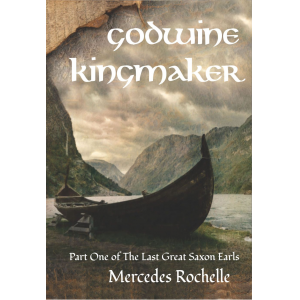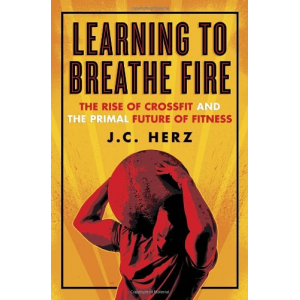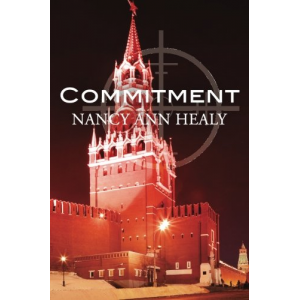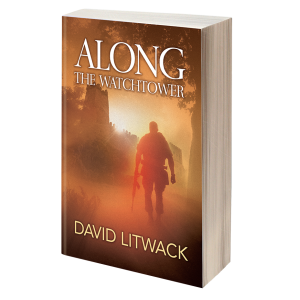- Author
- Book
- Story behind the book
- Media Links
- Reviews

Michael Bowler
About
Michael J. Bowler grew up in San Rafael, California.
He majored in English and Theatre at Santa Clara University and earned a master’s in film production from Loyola Marymount and another master's in Special Education from Cal State University Dominguez Hills.
He partnered with two friends as producer, writer, and/or director on several ultra-low-budget horror films, the reviews of which are much more fun than the movies.
He taught high school in Hawthorne, California for twenty-five years, both in general education and to students with learning disabilities, in subjects ranging from English and Strength Training to Algebra, Biology, and Yearbook.
He has also been a volunteer Big Brother to seven different boys with the Catholic Big Brothers Big Sisters program and a nearly thirty-year volunteer within the juvenile justice system in Los Angeles. He is a passionate advocate for the fair treatment of children and teens in California, something that is sorely lacking in this state.
He has been honored as Probation Volunteer of the Year, YMCA Volunteer of the Year, California Big Brother of the Year, and National Big Brother of the Year. The “National” honor allowed he and three of his Little Brothers to visit the White House and meet the president in the Oval Office.
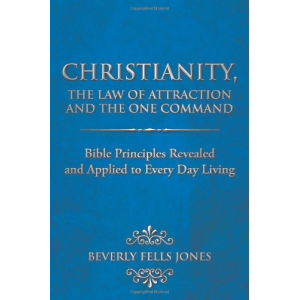
Christianity, the Law of Attraction and the One Command: Bible Principles Revealed and Applied to Every Day Living
Description
<p>The Bible spells out in God's terms what "The Secret" said in human terms. "Christianity, The Law of Attraction and The One Command " is the bridge between God's word, His universal laws, The One Command by Asara Lovejoy and you.</p>
